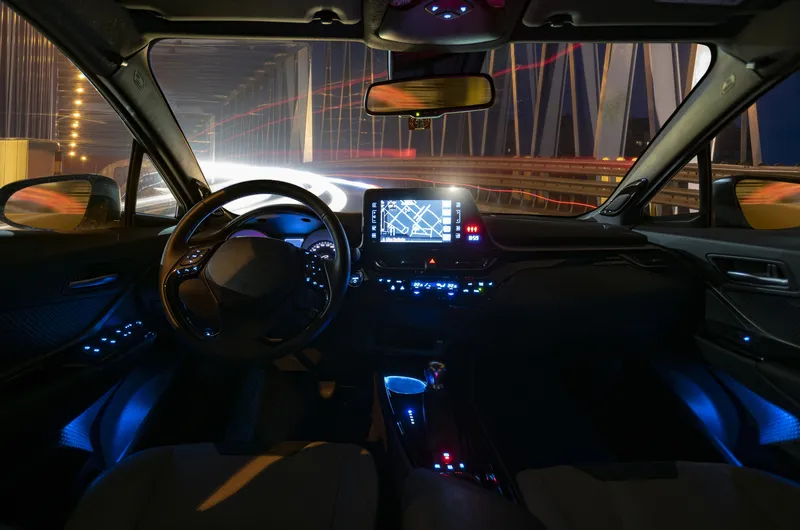A UK organisation has identified 500 ‘milestones’ to be passed in order to get connected and autonomous vehicles (C/AVs) on the road in numbers by 2030.
Zenzic, which was set up by government and industry to coordinate a national platform for testing and developing C/AVs, has launched the UK Connected and Automated Mobility %$Linker:
It identifies six ‘golden threads’ which highlight areas dependent on cross-industry collaboration to make self-driving services accessible to the public by the end of the next decade.
Top of the list is cyber resilience, with Zenzic suggesting that one major goal must be “to focus on resilience in the event of a cyber failure or threat rather than trying to build an unbreakable system”.
Legislation and regulation, public acceptability, infrastructure and safety – including the sharing of safety critical data vehicle-to-vehicle – are among the other key areas it identifies. Many of these are inter-dependent, such as the clear link between AV safety and whether people are going to be confident about using them.
“Societal outcomes must be at the centre of our planning,” Zenzic says. “To date, a vehicle-centric focus has been adopted to progress self-driving technology.” Instead, the focus should be on “thinking today about how technology and services will benefit society at large in 2030”.
The document goes through what is required in four main sections - society and people, vehicles, infrastructure and services – and in particular highlights the role of cybersecurity, saying that the UK is “at the forefront” of this technology, on which “half of the roadmap” depends.
Collaboration is the key, the roadmap insists: “If all the activity in the roadmap was scheduled sequentially with no parallel efforts, it would take until 2079 for the UK to benefit from self-driving vehicles on the roads.”
To speed things up, there must be cooperation between industry, academia and government in the UK. The document suggests 2025 will mark the ‘tipping point’ when the UK “switches gears from trial and development of the technology to the scaling up of its deployment”.
Thereafter, “advances in vehicle licencing, vehicle insurance and a tidal change in desirability in the public eye” means that more commercial passenger services will emerge.
Zenzic identifies ‘golden threads’ to accelerate AV roll-out
A UK organisation has identified 500 ‘milestones’ to be passed in order to get connected and autonomous vehicles (C/AVs) on the road in numbers by 2030.
Zenzic, which was set up by government and industry to coordinate a national platform for testing and developing C/AVs, has launched the UK Connected and Automated Mobility Roadmap to 2030.
It identifies six ‘golden threads’ which highlight areas dependent on cross-industry collaboration to make self-driving services accessible to the public by the end of
September 12, 2019
Read time: 2 mins







